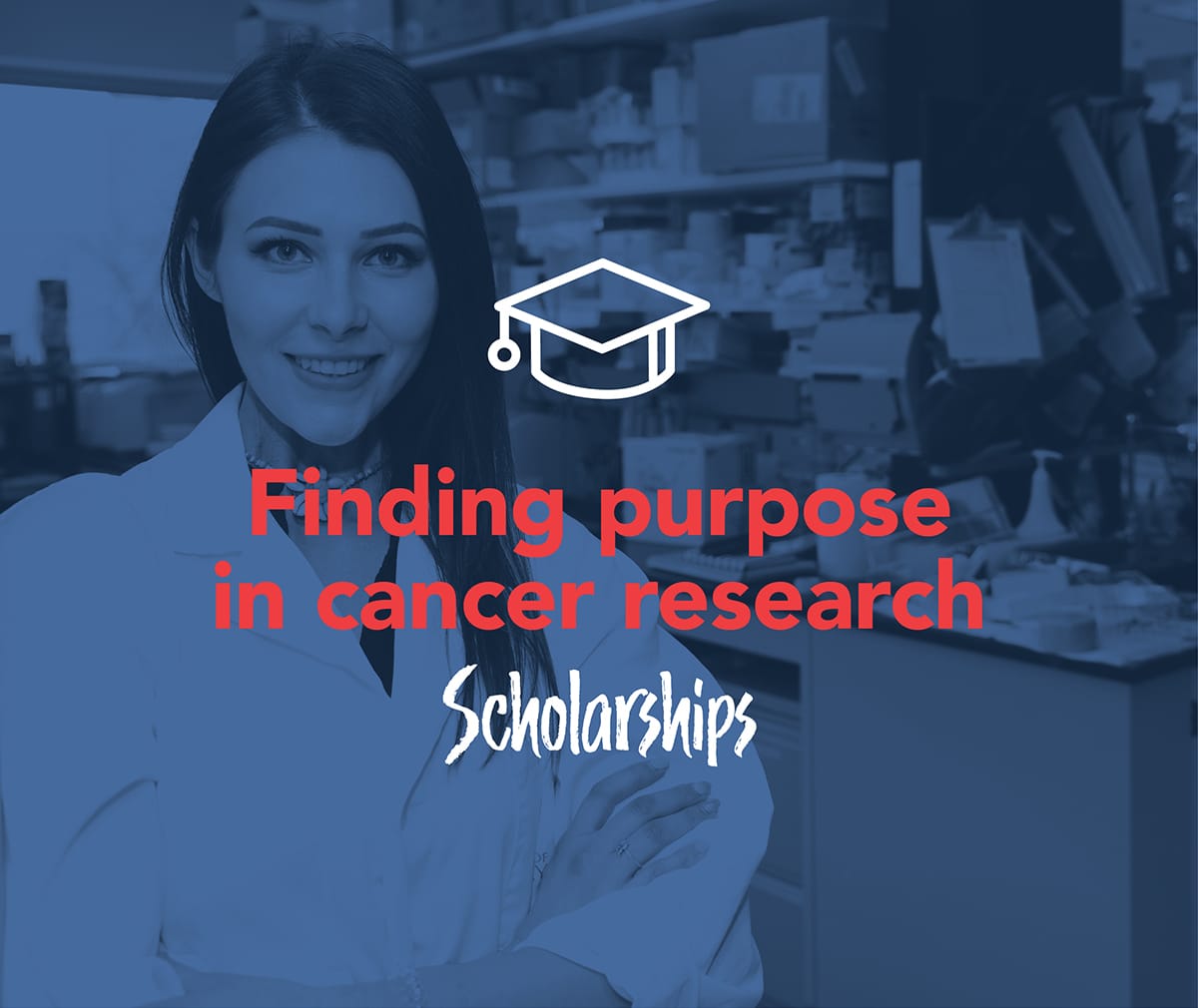
“I no longer knew who I was or where I fit in. I began studying psychology to find answers to questions that others could not seem to give me. I was searching for a way to heal myself.” – Julie Deleemans
Diagnosed with laryngeal cancer at the age of 18, Julie Deleemans remembers the psychological toll of cancer more than its physical hardship. They removed the cancer with a total laryngectomy — a surgical procedure that took her larynx (voice box), thyroid and surrounding lymph nodes. Julie then underwent three rounds of high-dose chemotherapy combined with 30 rounds of high-dose targeted radiation.
Although the cancer treatments lasted only three months, the aftermath will last forever. Julie was left with a permanent tracheotomy — a hole in her throat for breathing. The radiation caused extremely painful inflammation and ulceration in her throat and ultimately damaged the tissue, causing her body to reject the TEP valve — a tracheoesophageal voice prosthesis to help her to speak.
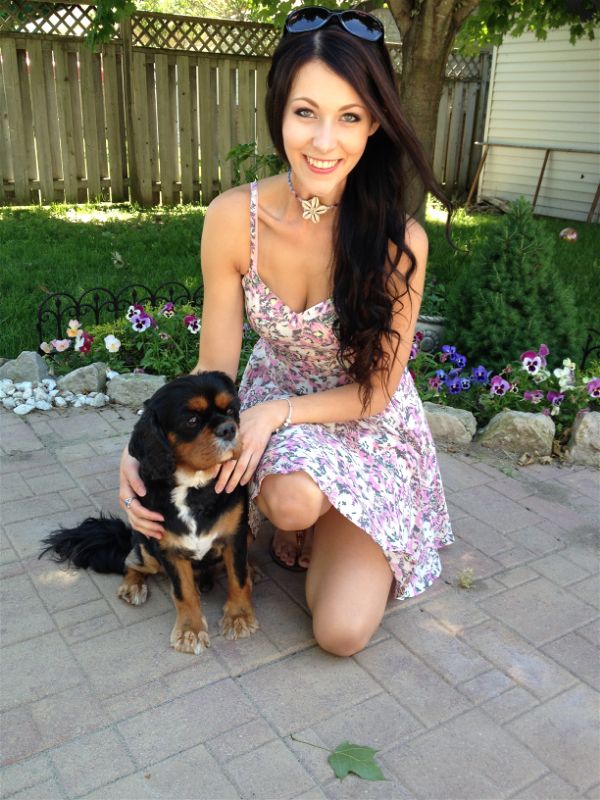
“I was left with a tiny whisper of a voice and permanently disfigured by the surgery,” says Julie. “I could no longer speak normally, so I lost my jobs. I lost friends. Travel plans were cancelled. My life was shattered. I had no idea where I fit in anymore or what I was supposed to do.”
With a health care team singularly focused on her physical survival, Julie struggled without the social support of her friendships and without the professional support of a trained psychologist. It was an extremely isolating and painful experience.
Unable to pursue her university plans or land a job, Julie was forced to go on social assistance and continue living with her family. Instead of diving into a newfound independence, which normally comes with young adulthood, Julie was becoming more dependent.
Permanently disfigured by surgery, Julie struggled with her body image. She struggled with severe depression and anxiety and was later diagnosed with post-traumatic stress disorder. For a few years, Julie was suicidal.
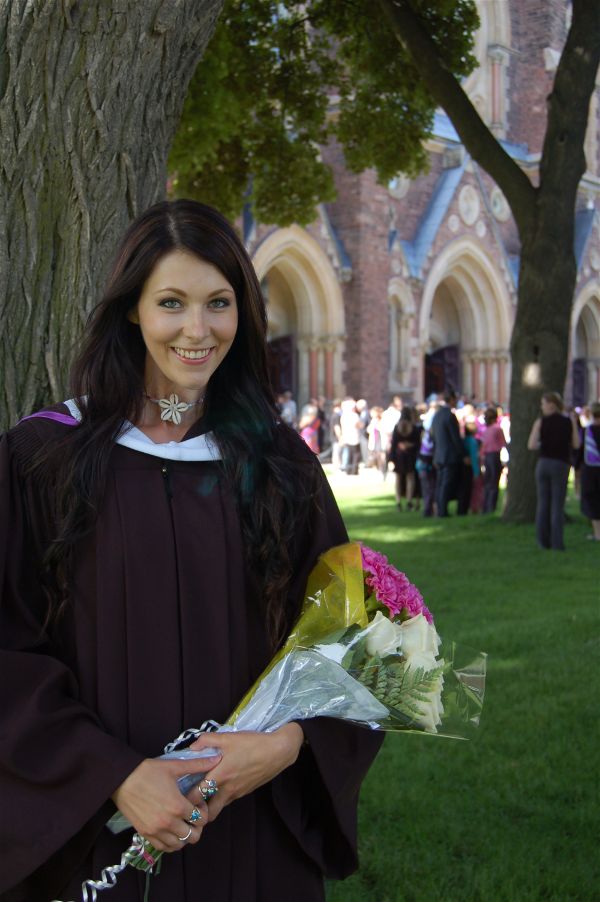
After suffering for several years and trying unsuccessfully to get help, Julie decided she needed to make a change and started an undergraduate program in psychology at the University of Western Ontario. “I was looking for answers to questions that others could not seem to give me,” says Julie. “I was searching for a way to heal myself.”
Now, Julie is searching for ways to heal others.
With the help of a Derek Wandzura Memorial Scholarship, made possible by you, Julie is pursuing a PhD in psychosocial oncology at the University of Calgary Cumming School of Medicine. She is investigating the effects of chemotherapy on the gut microbiome to understand how changes in the gut may affect the survivor’s physical and psychological wellbeing.
With this research, Julie hopes to arm researchers and health care professionals with the knowledge they need to develop targeted interventions to prevent or reverse the long-term effects of cancer treatments.
Julie is interested in putting her research into action by developing the interventions herself. She sees a day when cancer treatments may be supplemented by proper nutritional support (i.e., a healthy diet rich in pre- and probiotics), regular exercise and complementary therapies such as mindfulness and yoga. Patients would also receive social and psychological support throughout the cancer journey.
“After nearly a decade I feel I have finally come full circle — from patient to advocate and now researcher,” says Julie. “My experience with cancer is why I do the work that I do. For many years I wondered why I had survived cancer and what my purpose in life is. Now I understand. I firmly believe the reason I survived and endured such challenges was to prepare me for the opportunity to help others navigate the cancer journey.”
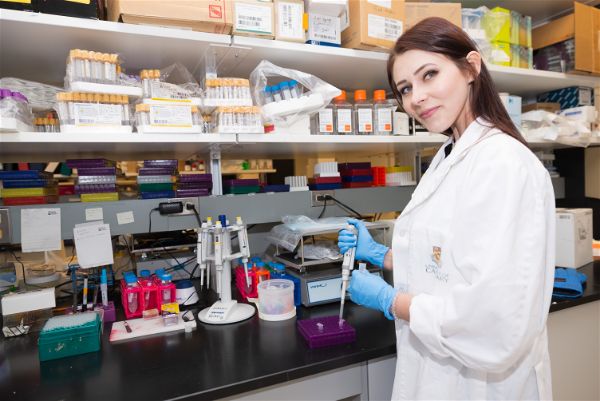
Experiencing cancer as a teenager without adequate psychological support, Julie fully understands the overwhelming need for support in adolescents and young adults affected by cancer. Early adulthood is a crucial juncture in an individual’s life, often defining the course of one’s future.
“Adolescents and young adults need more psychosocial support,” says Julie. “A cancer experience during your teens or your 20s and 30s can affect every aspect of your life and significantly hinder your ability to reach important developmental milestones such as going to school, starting a career, starting a family and achieving financial stability.”
Julie is mindful of the tenuous balance between one’s physical and mental health. While she still struggles with the aftermath of cancer herself, she eats well, exercises regularly and maintains balance through pole fitness, boxing and practicing mindfulness.
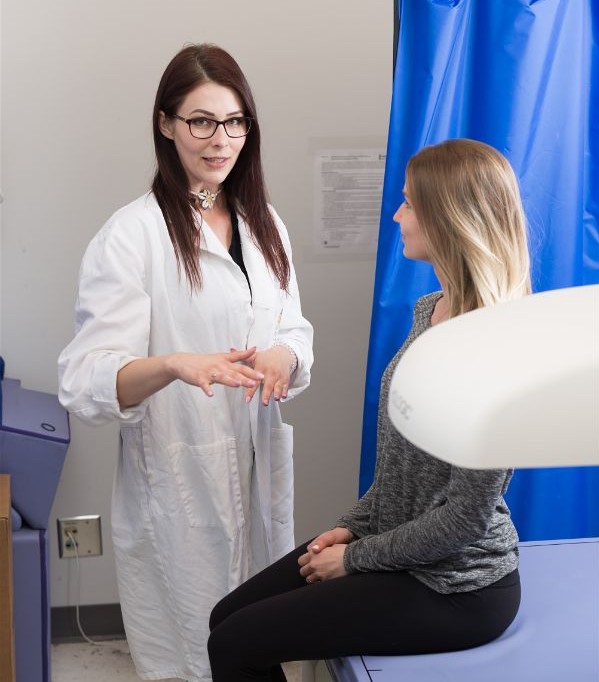
She also draws strength from her research work and from the words of Carl Jung, the Swiss psychiatrist and psychoanalyst, who famously said, “I am not what happened to me. I am what I choose to become.”
Julie has undoubtedly chosen to become more than her cancer experience. She is currently recruiting young adult cancer survivors to participate in her research project and is looking forward to collecting and analyzing the data that comes of it. But what really excites Julie is the thought of one day putting that research into action one day to and help the adolescent and young adult cancer community.
“I believe that the reason I survived was to do this work and to help others,” she says. “If I can change the world for just one survivor and make their life a little better, I will have done something meaningful with my life.”
Thank you for helping Julie pursue her dreams.mind and spirit.
Julie also extends her sincerest gratitude to Kids Cancer Care and our many supporters for making this scholarship possible. She also extends a heartfelt thanks to her research supervisor Dr. Linda Carlson as well as Dr. Raylene Reimer and Julie’s dear friend and colleague Fatima Chleilat for supporting her research. With all of your support, Julie is able to do the meaningful work she loves.